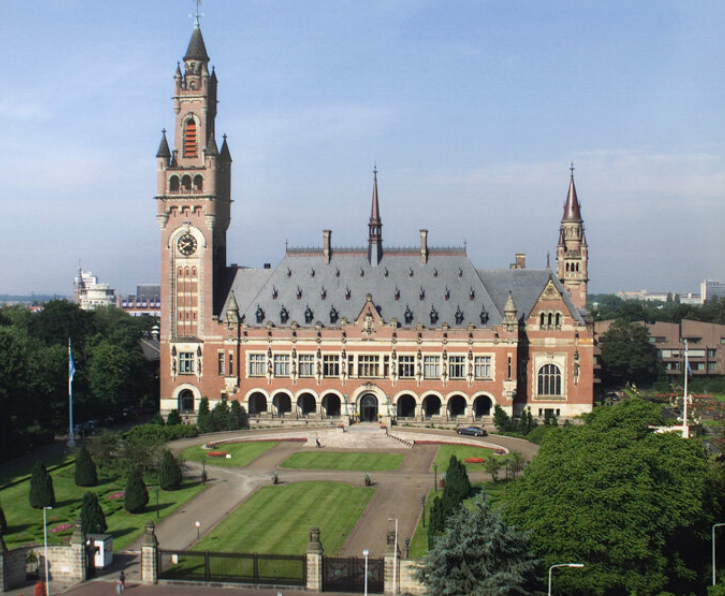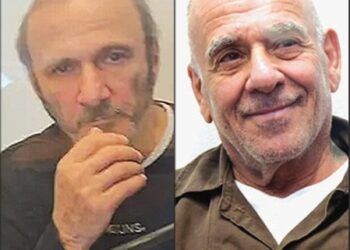May 12, 2023

by Warren L. Nelson
The World Court has ruled partly for Iran and partly for the United States in a case Iran filed accusing the Americans of illegally seizing Iranian assets in the United States.
The case does not involve American sanctions on Iran, but rather court cases in which funds were seized from Iranian companies operating in the United States and used to pay American citizens who sued Iran for acts of terrorism committed against them.
Iran sued in 2016 to get the funds back, based on the protections guaranteed to Iranian firms by the 1955 Treaty of Amity signed between Iran and the United States shortly after the overthrow of Prime Minister Mohammad Mossadegh. It was ironical that the Islamic Republic relied on a treaty of “friendship” to squeeze the US.
Soon after Iran sued, Washington announced its withdrawal from the treaty.
The decision of the World Court, formally titled the International Court of Justice (ICJ), was entirely based on the treaty. The court decision noted that since Washington has now withdrawn from the treaty, the arguments Iran used to claim its assets can no longer be used by Iran and the Americans can seize any such assets that might be found in the future. But the treaty still applies to actions taken before the 2019 withdrawal.
Iran’s argument was that the Treaty of Amity guaranteed certain protections to Iranian “companies” operating in the United States. It said the United States violated those guarantees when it seized the property in the US of Iranian firms.
The decision effectively broke down into the three categories.
The first and biggest in money terms involved Bank Markazi. The US several years ago seized $1.68 billion Bank Markazi had deposited in a New York bank. Ironically, Bank Markazi had invested much of that that money in US bonds. The ICJ ruled that Bank Markazi, Iran’s Central Bank, is part of the Iranian government and not a “company” under the Treaty of Amity, and so had no guarantees against court-ordered seizures.
The second category was a group of three Iranian-owned companies operating in the US but based in Europe and, as such, did not qualify for protection under the treaty.
The third category comprised nine Iranian firms that the ICJ said qualified for the protections against seizure granted by the treaty. Neither Iran nor the court put any dollar figure on the funds involved, but said the US and Iran must negotiate a fair number. If the two countries cannot reach an agreement within 24 months, the ICJ will impose a number.
US officials did not give any number either, but said that the total amount the US would be forced to pay would be far less than the $1.68 billion the US won in the Bank Markazi section of the case.
The court decision named those nine firms as: Telecommunications Infrastructure Co.; Iranohind Shipping Co.; Export Development Bank of Iran; Bank Saderat; Behran Oil Co.; Iran Marine Industrial Co.; Sediran Drilling Co.; Iran Air; and Bank Melli.
After the 67-page decision was handed down March 30, both Iran and the United States claimed victory.
The US State Department said the court had rejected “the vast majority of Iran’s case…. This is a major victory for the United States and victims of Iran’s state-sponsored terrorism.” It said the US was “disappointed” by the court’s decision disallowing the seizure of assets of the nine companies because of the Amity Treaty.
Iran’s Foreign Ministry tweeted that the decision was “another proof of the Islamic Republic of Iran’s righteousness and the violations by the US government.”
The $1.68 billion awarded to the United States sits in a bank in Luxembourg ultimately owned by Deutsche Boerse AG. The US District Court for the Southern District of New York has ordered the funds turned over to the families of the 241 US Marines killed in the 1983 bombing of the Marine barracks in Beirut. But the German Bank said it might appeal the order of the New York judge, so it wasn’t clear when, or if, the funds will be paid to the families.


























